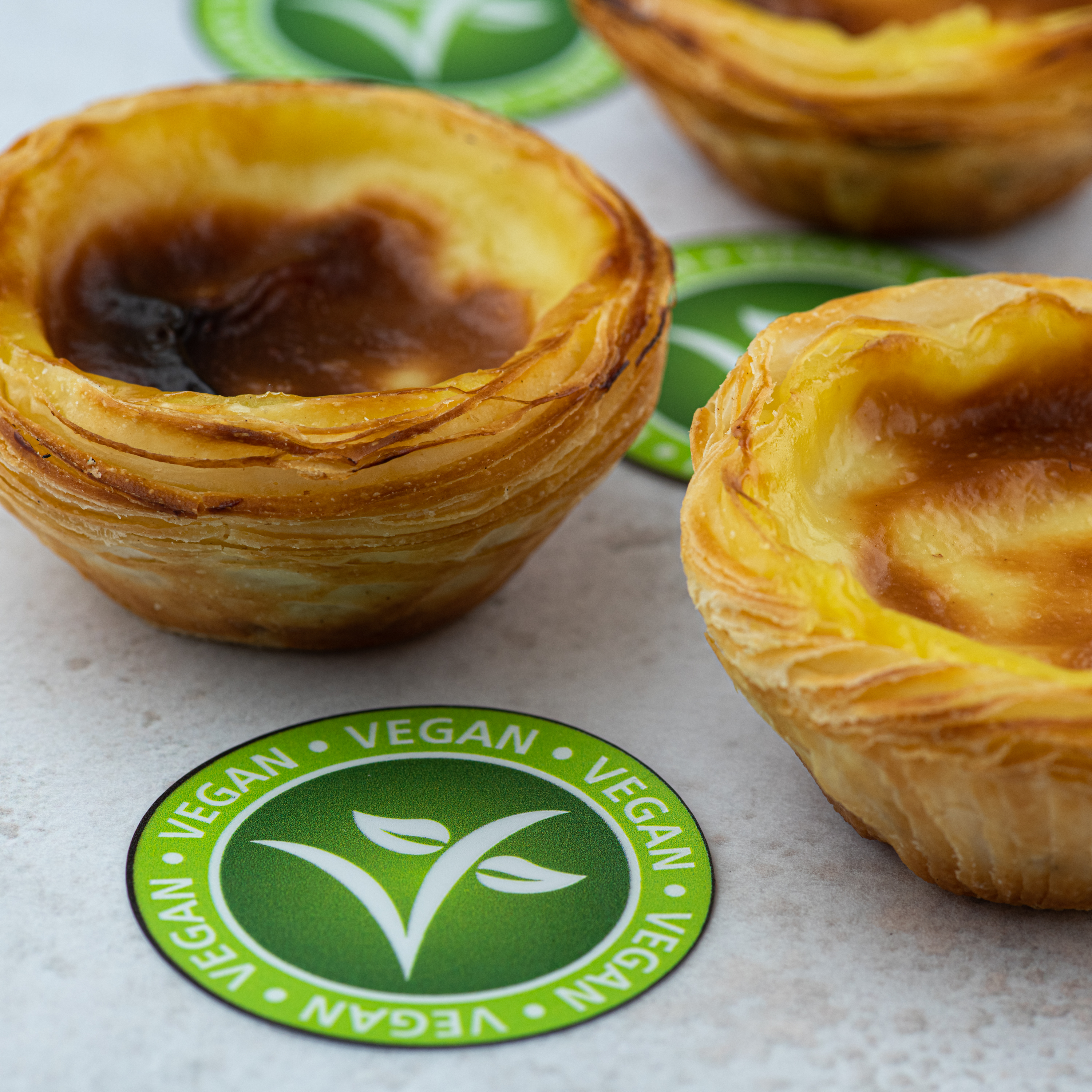Ten years ago, veganism in Portugal was niche at best—a lifestyle choice often misunderstood or dismissed in a culture rooted in seafood, pork, and dairy-heavy dishes. Think grilled sardines at a family gathering, bacalhau à brás (salt cod with potatoes and eggs) on Christmas Eve, or a rich, egg-yolk-filled pastel de nata for dessert. These traditions are deeply embedded in the country’s identity. So how did Portugal go from fish stews and meat platters to one of Europe’s most vegan-friendly destinations?
It didn’t happen overnight. It started with a quiet shift: a new generation of Portuguese citizens—curious, globally connected, and health-conscious—began asking questions about sustainability, wellness, and the ethical treatment of animals. Coupled with a tourism boom that brought in international trends and expectations, Portugal’s food culture began to evolve.
In Lisbon and Porto, this shift took on creative form. Chefs and home cooks alike began transforming classic Portuguese comfort foods into plant-based versions that respected tradition while embracing innovation. Bacalhau à brás is now made with shredded jackfruit or hearts of palm, retaining the texture and flavor of the original while skipping the fish entirely. Francesinha, the famously indulgent Porto sandwich layered with meats, cheese, and beer sauce, now has vegan renditions using seitan, tofu, and creamy cashew-based sauces.
And then there’s the crown jewel: pastel de nata. Once reliant on egg yolks and cream, this iconic custard tart has been reimagined with oat milk, coconut cream, and turmeric for color—delivering the same flaky, sweet bite without the animal products.
But the transformation wasn’t just culinary—it was political. In 2017, Portugal became one of the first countries in the world to require that all public cafeterias (including schools, universities, hospitals, and prisons) offer at least one vegan option. This move, driven by grassroots activism and public support, gave veganism institutional legitimacy and accessibility.
Now, cities like Lisbon are filled with plant-based bakeries, vegan butchers, smoothie bars, and zero-waste grocery stores. Monthly vegan markets, sustainability festivals, and thriving online communities continue to build momentum, even in more rural parts of the country.
How Can We Make the Same Change in the U.S.?
The U.S. has all the ingredients for a similar shift—diverse culinary traditions, a growing interest in plant-based eating, and powerful consumer influence—but it requires a coordinated push. Portugal’s success teaches us that real change happens when policy, community, and creativity come together.
First, public institutions in the U.S. must be part of the solution. Advocating for plant-based options in schools, public universities, hospitals, and government cafeterias would ensure greater access and normalize vegan choices for all, regardless of income or background.
Second, food culture needs reinvention, not rejection. Just as the Portuguese reinvented beloved classics like nata and francesinha, so can the U.S. reimagine mac and cheese, Philly cheesesteaks, chili, and cornbread in vegan form. We already see this happening at local levels—but these stories need to be amplified to show that plant-based eating doesn’t mean losing cultural heritage. It means evolving it.
Third, small brands, chefs, and creators need support. Every time we buy from a vegan bakery, support a plant-based startup, or share a new recipe online, we contribute to a groundswell of demand. The more we make veganism visible, accessible, and exciting, the more likely it becomes a mainstream movement.
Portugal shows us what’s possible when passion meets policy. With a little vision and a lot of heart, the U.S. can write its own version of the story—one where culture, compassion, and community all sit at the same table.


